Grieving After a Terminal Diagnosis is a deeply personal journey that begins long before the actual loss. For caregivers, the process is often layered with anticipatory grief, ongoing caregiving responsibilities, and the profound emotional impact of saying goodbye while still showing up each day. This digital guide, Grieving After a Terminal Diagnosis or Loss, offers compassionate and practical support to help you navigate the unique challenges of caregiver grief.
Whether you are caring for a spouse, parent, child, or close friend, this resource provides both emotional guidance and actionable steps to help you cope, heal, and adapt. By blending grief support for caregivers with real-world caregiving strategies, this guide ensures you can honor your emotions without neglecting your own health and well-being.
Why Grieving After A Terminal Diagnosis Guide Matters
Caregivers often experience grief after a terminal diagnosis differently from others. The grieving begins at the moment of diagnosis, and each decline in health can trigger a new wave of mourning. You may find yourself dealing with conflicting feelings—love, sadness, frustration, and exhaustion—while still providing care. This guide helps you:
Understand anticipatory grief and how it differs from grief after death.
Cope with the emotional toll of caregiving while managing day-to-day responsibilities.
Create a supportive environment for both you and your loved one.
Transition into healing after the loss without feeling alone or unprepared.
What You’ll Learn Inside the Grieving After a Terminal Diagnosis Guide
Understanding Anticipatory Grief
Learn how to recognize the signs of grieving after a terminal diagnosis. This section explores the caregiver mourning process and offers validation for your feelings, showing that your emotions are a natural part of loving someone through decline.Coping with Grieving After A Terminal Diagnosis
Discover how to balance care duties with your need for emotional processing. We’ll explore coping mechanisms that help you stay present for your loved one while protecting your own emotional health.Understanding and Combating Husband Caregiver Burnout
Emotional and Physical Self-Care Strategies
Learn caregiver-specific self-care techniques that address both body and mind. From restorative rest practices to healthy emotional outlets, you’ll find ways to avoid burnout while still showing up fully.Finding Support and Community
You don’t have to grieve alone. This section shows you how to seek out caregiver communities, local grief support groups, and online spaces where you can connect with others who truly understand.
resource: Mayo Clinic: Grief Support)
resource: AARP: Coping with Loss)Practical Steps After a Loss
Beyond emotional healing, you’ll learn about the practical steps to take after a loved one’s passing, including organizing important documents, honoring their memory, and rebuilding your daily life.
Who This Grieving After a Terminal Diagnosis Guide Is For
This resource is ideal for:
Family caregivers are dealing with grief after a terminal diagnosis in a loved one.
Anyone seeking emotional healing after loss while managing ongoing life responsibilities.
Caregivers who want practical, actionable strategies for both the caregiving phase and life after loss.
Benefits of Using This Guide
Clarity & Understanding: Know what to expect emotionally and practically from diagnosis through bereavement.
Self-Care Tools: Learn how to maintain your well-being throughout the process.
Community Connection: Discover where and how to find the right grief support for caregivers.
Empowerment: Feel more prepared and less isolated during one of life’s most challenging experiences.
Final Thoughts
Grieving after a terminal diagnosis is a deeply personal experience, but you don’t have to face it without guidance. Griving After a Terminal Diagnosis or Loss offers you the tools, compassion, and knowledge to navigate your journey with dignity and resilience. As a caregiver, you’ve already shown incredible strength—this guide will help you channel that strength toward healing, self-care, and finding peace during loss.
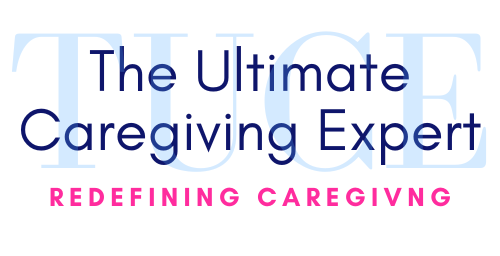
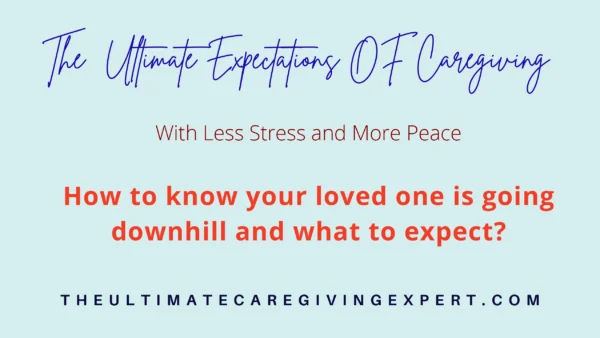

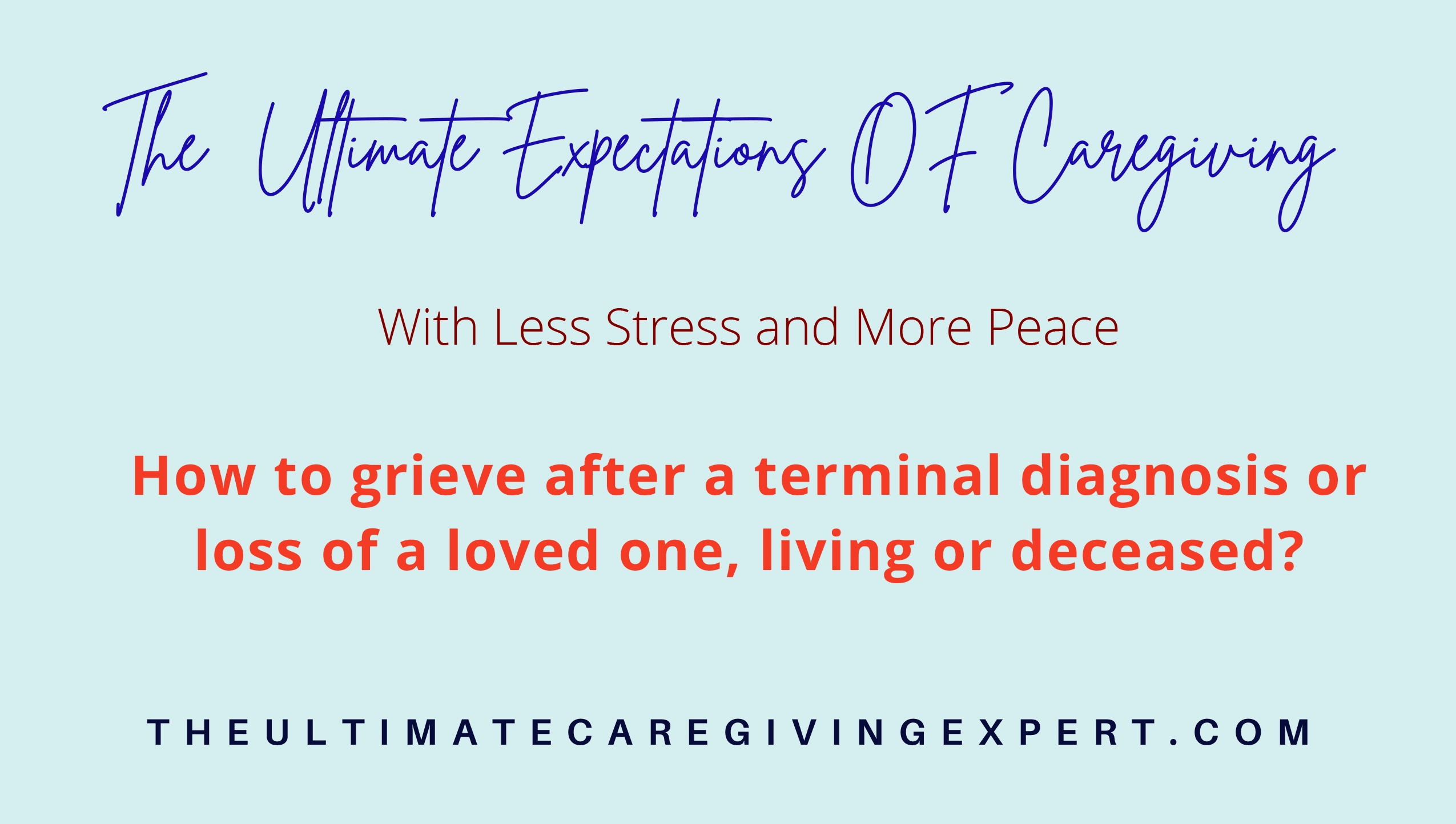



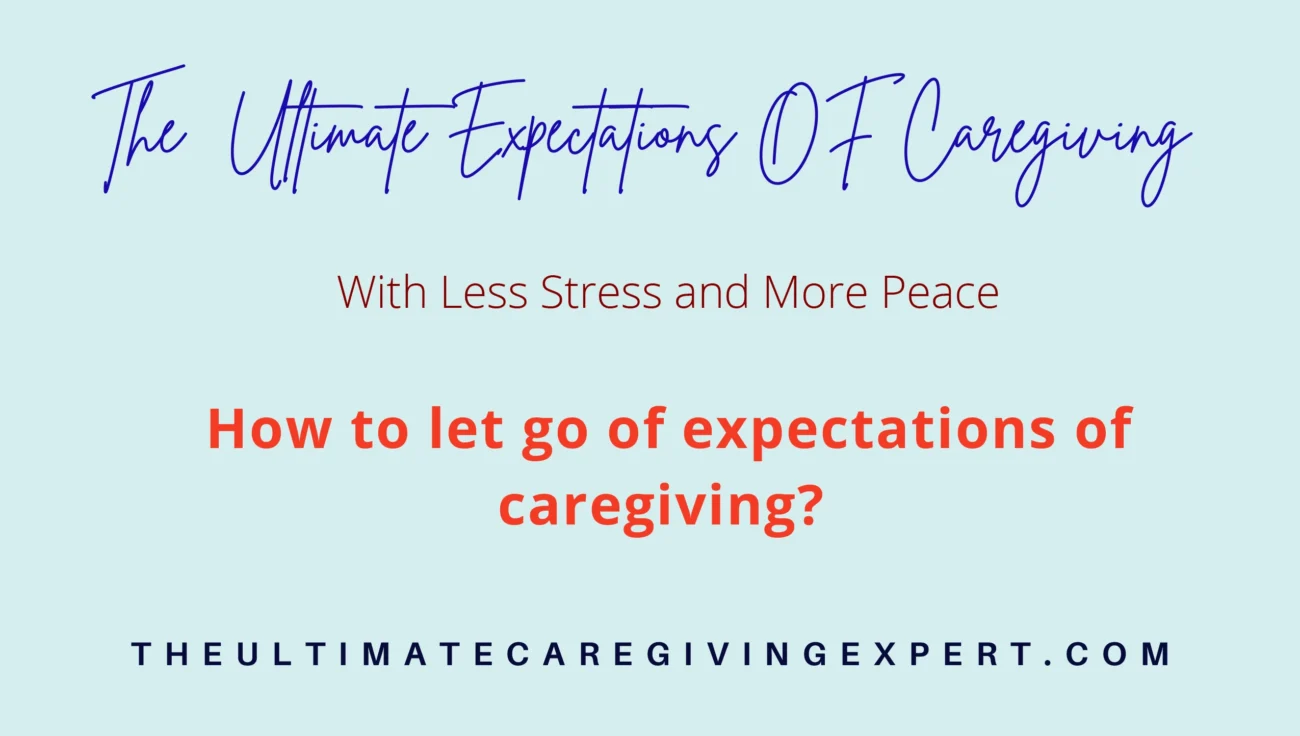
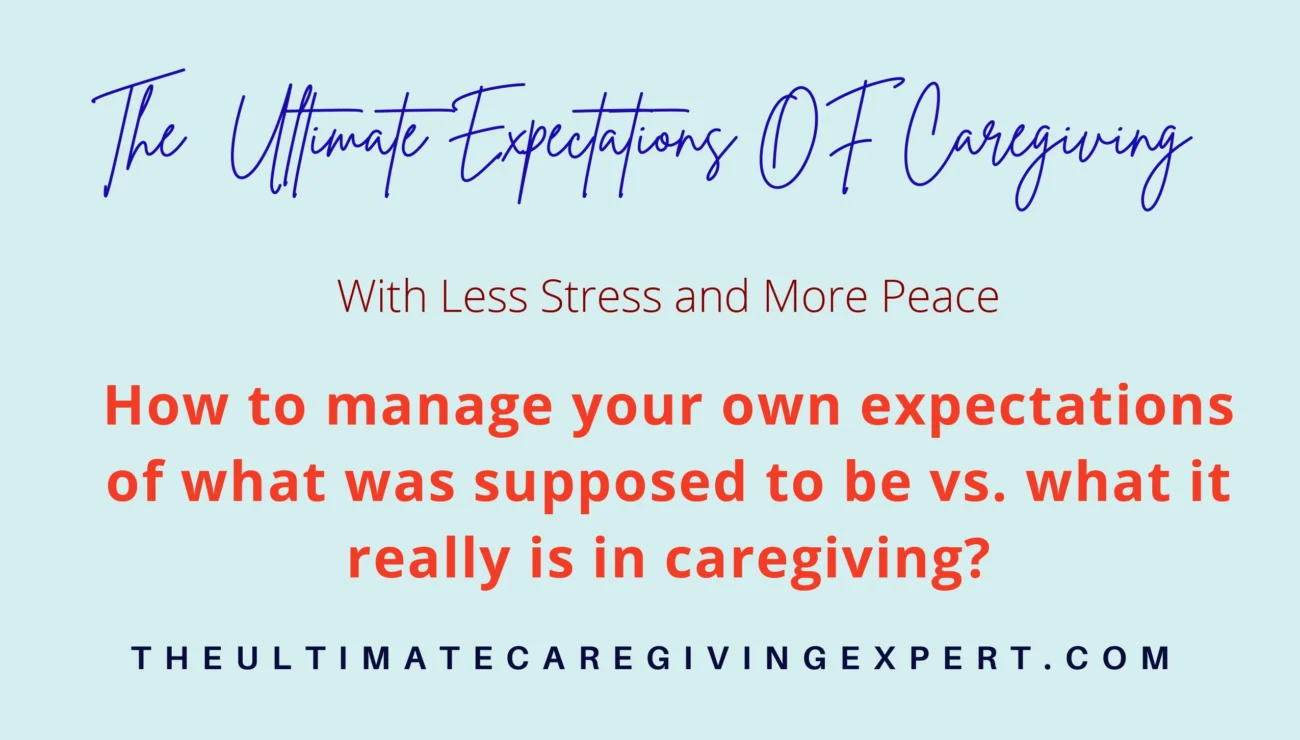

Reviews
Clear filtersThere are no reviews yet.